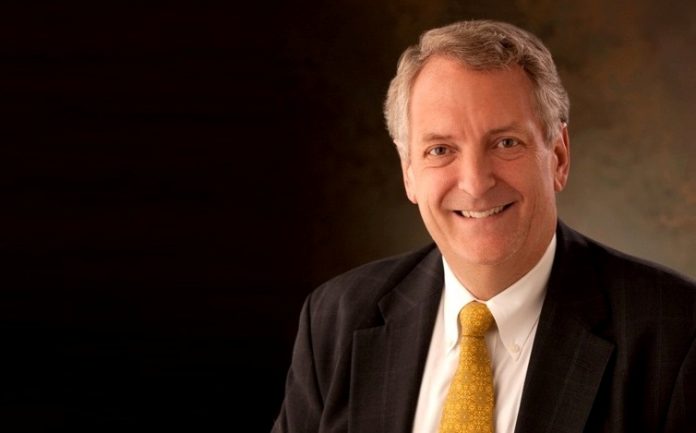
In conversation with Dave Ulrich on 10 emerging leadership skillsets of the future
Dave Ulrich, the Rensis Likert professor of business at the Ross School of Business, University of Michigan and co-founder of The RBL Group. He has published over 200 articles and book chapters and over 30 books on organization, talent, leadership, and HR… He edited Human Resource Management 1990-1999, served on editorial board of 4 Journals, on the Board of Directors for Herman Miller, and Board of Trustees at Southern Virginia University, and is a Fellow in the National Academy of Human Resources. He is sharing with us his perspectives on how HR adds value to the business…
Q- What are the key priorities organizations need to be looking at right now amidst the COVID-19 crisis and economic downturn?
Many have said a version of “a crisis is a terrible thing to waste.” The current pandemic and economic crises affect organizations differently. Some organizations (often in technology-related industries) are facing dramatic growth challenges, but most are facing unprecedented disruption and downsizing. In these crises, all organizations have the opportunity to reinvent themselves by redefining boundaries of work from a physical place to a set of shared values, by navigating the paradoxes of work (taking short bold actions AND ensuring long term vision; caring for the individual employee AND attending to the organization; diverging for inclusivity AND converging for focus), by harnessing uncertainty through experimentation and agility, and by ensuring guidance through analytics that informs decision making (see www.rbl.ai). These crises can be seen as great opportunities to reinvent and reimagine how organizations operate.
Q- Keeping employees engaged is the biggest priority for organizations today, how can companies fix it especially in WFA model?
Employee engagement has a long history from focusing on helping employees be motivated, feel satisfied, act committed, and have a positive experience. In today’s more virtual organization settings, the employee experience can be bolstered by three precepts: believe (help employees find meaning and purpose from the work they do), become (ensure that employees can learn and grow from their work), and belong (create positive personal relationships and organization communities). These three conditions can exist both in person and virtually. When these three conditions exist, employees can overcome the pandemic malaise that affects nearly everyone. When employee experience increases, it has a positive impact on customer experience, investor confidence, and community reputation.
Q- How can organizations re-strategize their workforce for the next normal?
When people proclaim that they can define the “next normal” with clarity, they are likely offering false hope. The pandemic has occurred in ways no one could have predicted. Yet, we can anticipate some evolving trends the workforce will likely encounter. Employees will be better off mastering soft skills like communication, planning, relationship building, information sharing, managing differences, and decision making. Employees who integrate their work activities with technology and digital innovations will be more productive. Employees who demonstrate learning agility to expand their abilities will be more successful. Employees who know how their personal strengths will strengthen others will create better organization cultures. Finally, employees who become “agents unto themselves” and take ownership and accountability for their career will more likely have higher well being.
Q- Amidst the present scenarios, what do you see as the skillsets of the future?
For the last 20 years, we have studied the leadership code in five basic domains. In this crisis, we have identified 10 emerging leadership skills that also apply to individuals (see figure):

Once identified, leaders and individuals can learn and master these ten skills to become more effective in their work setting.
Q- Any concluding remarks?
Discovering opportunity from difficulty differentiates successful leaders. Most successful leaders had a difficult challenge (or challenges) in their leadership journey that they faced, overcame, and learned from. These challenges became opportunities to learn, grow, and become more self aware. No one seeks threats, but those who respond to and learn from them evolve and become better.
Thank You Dave!








